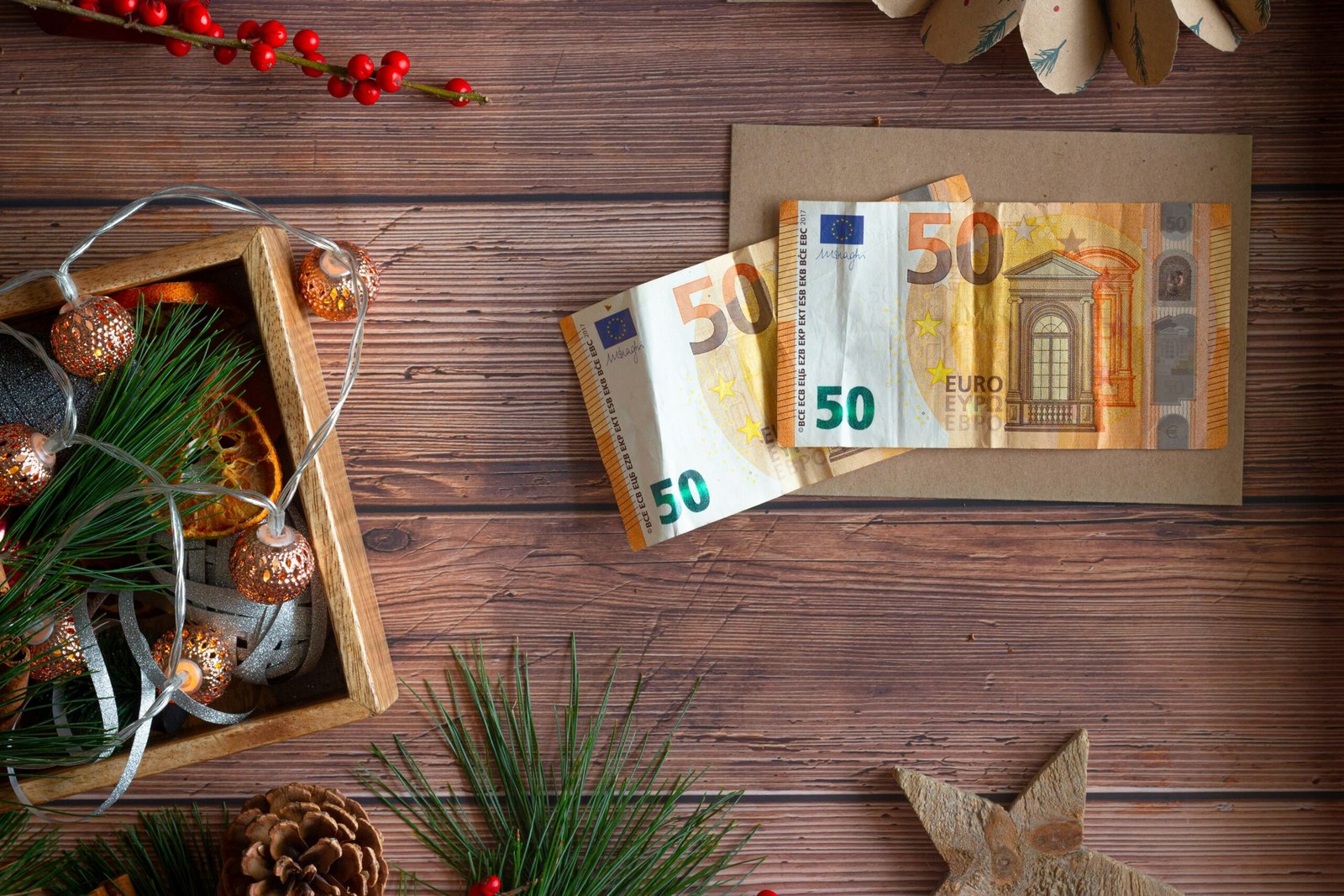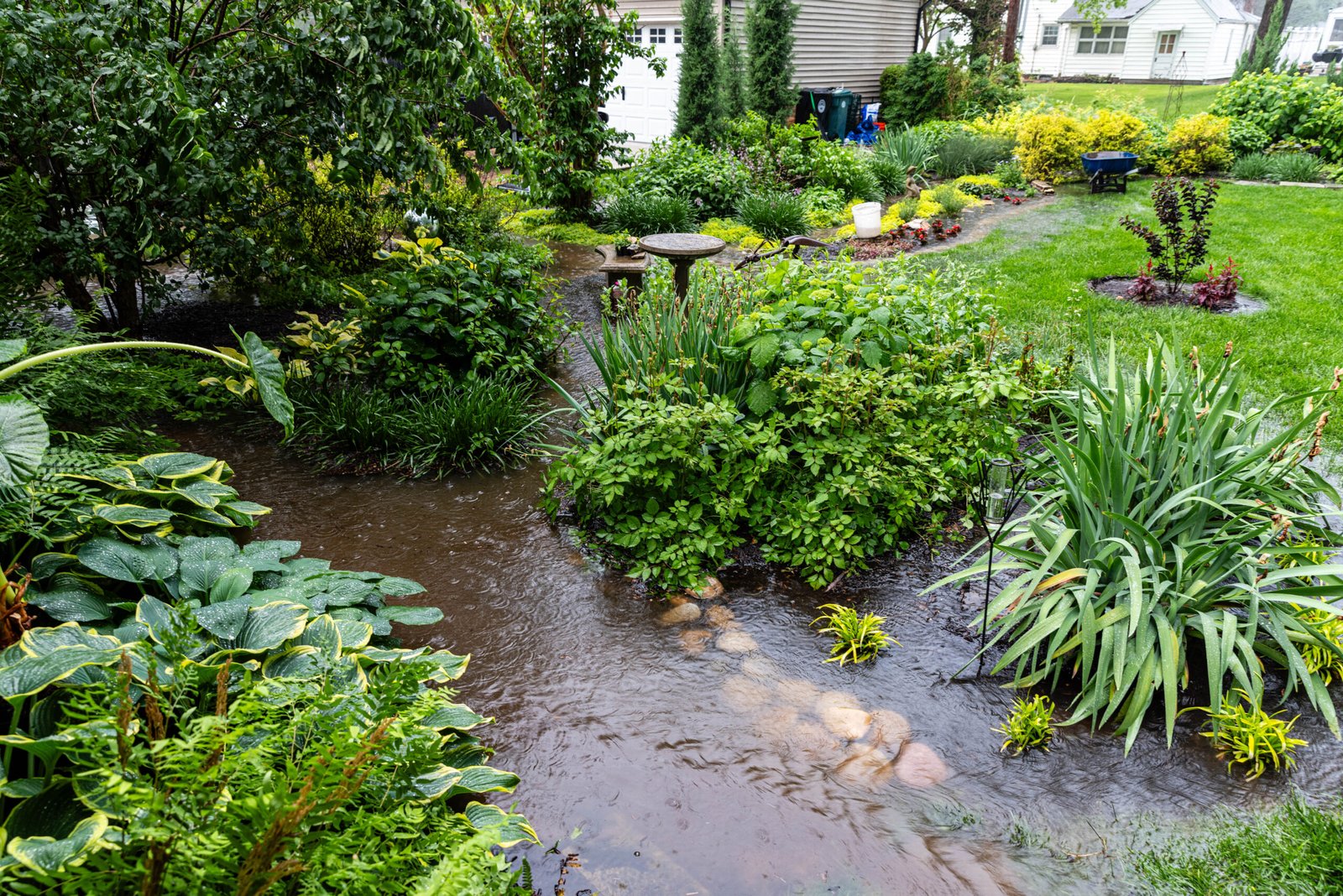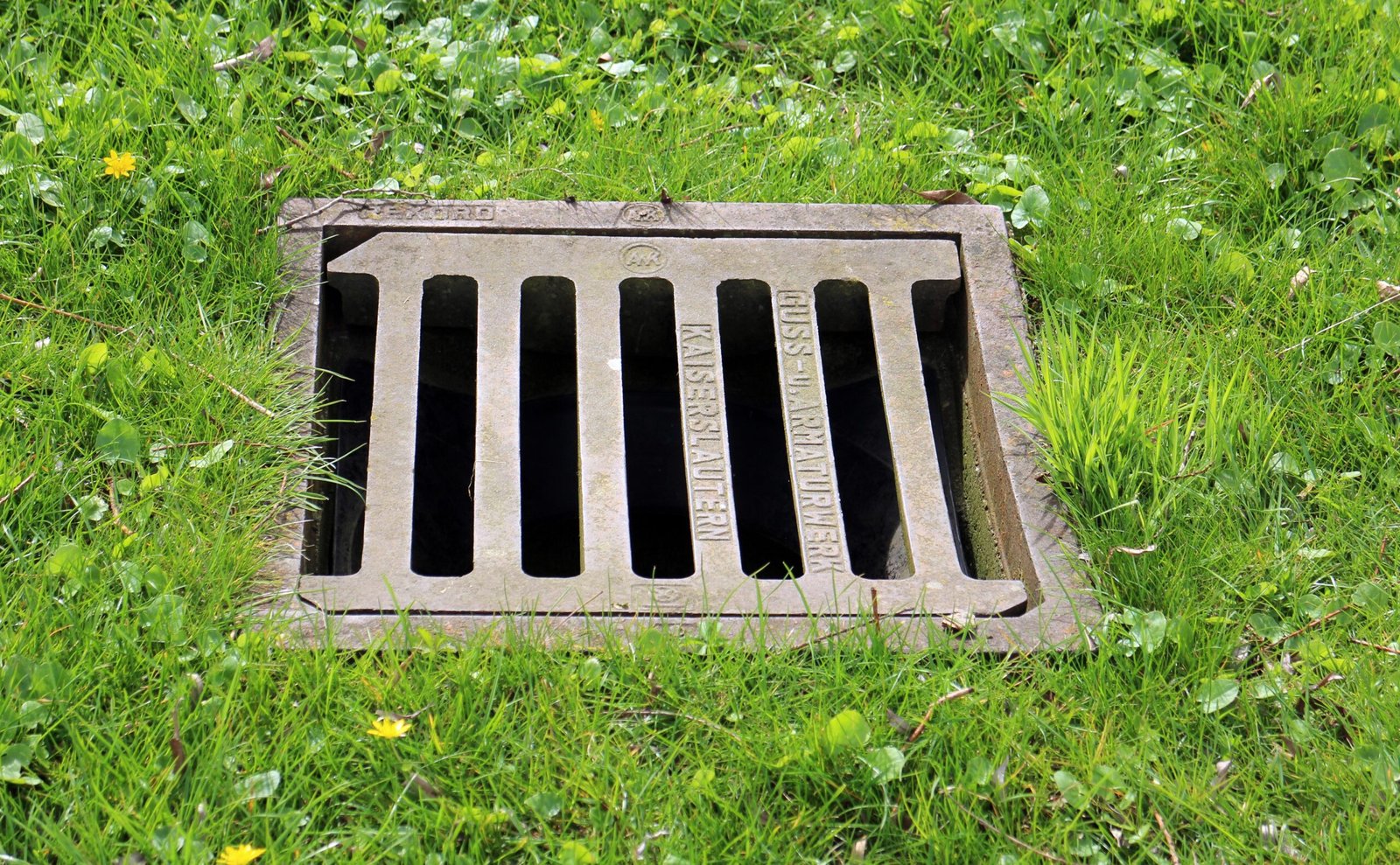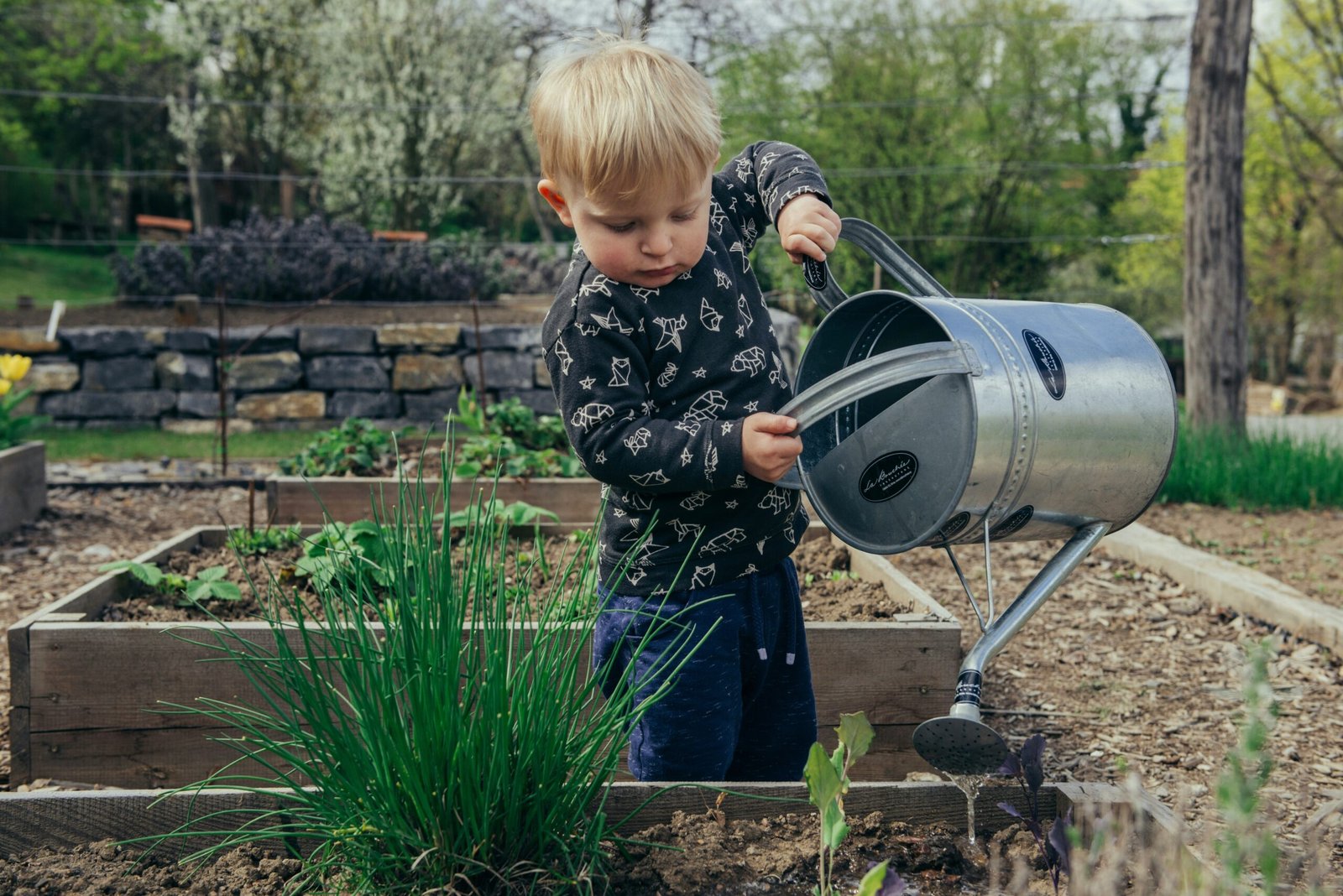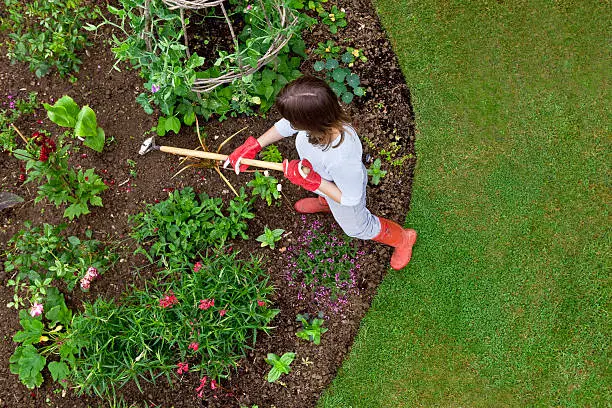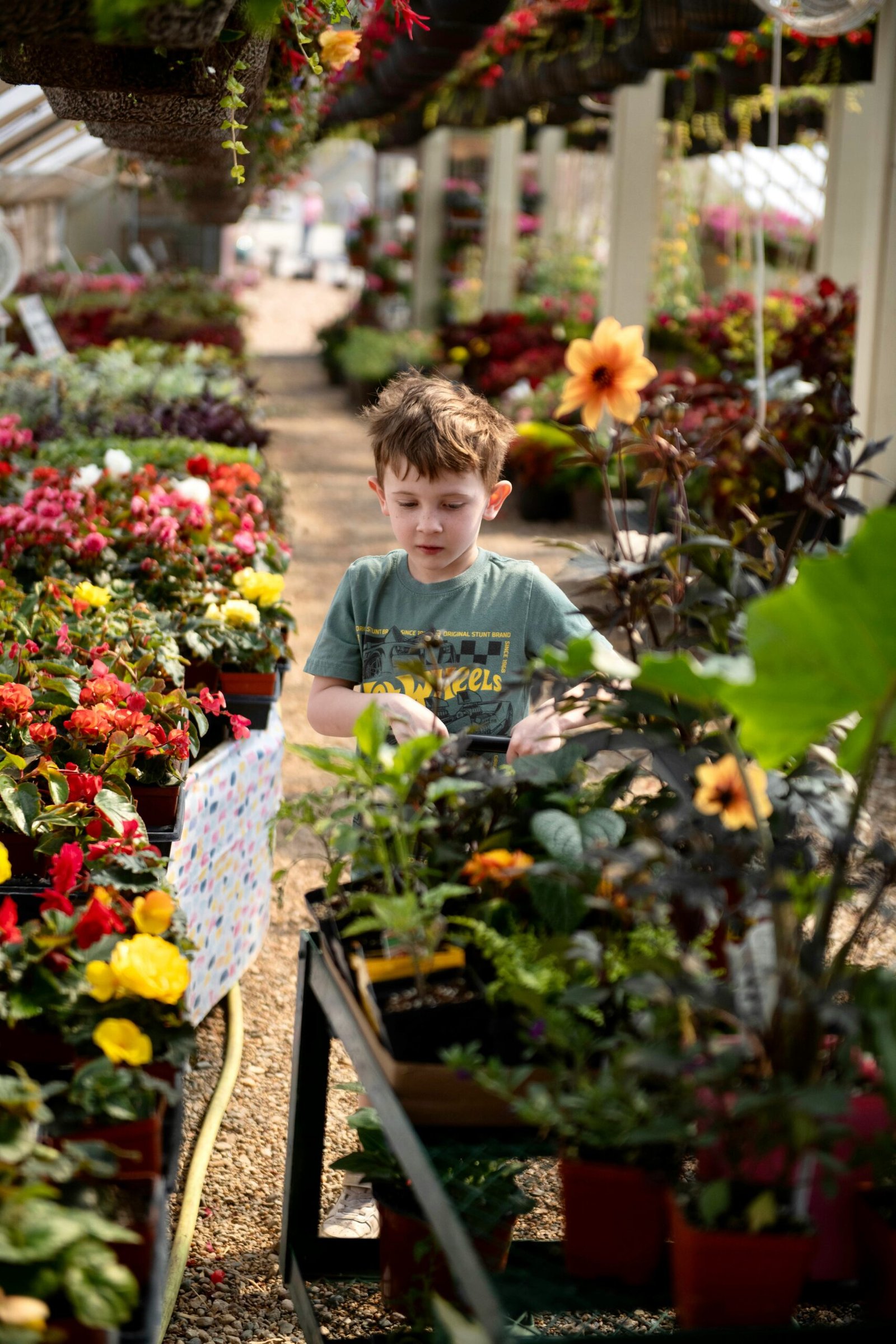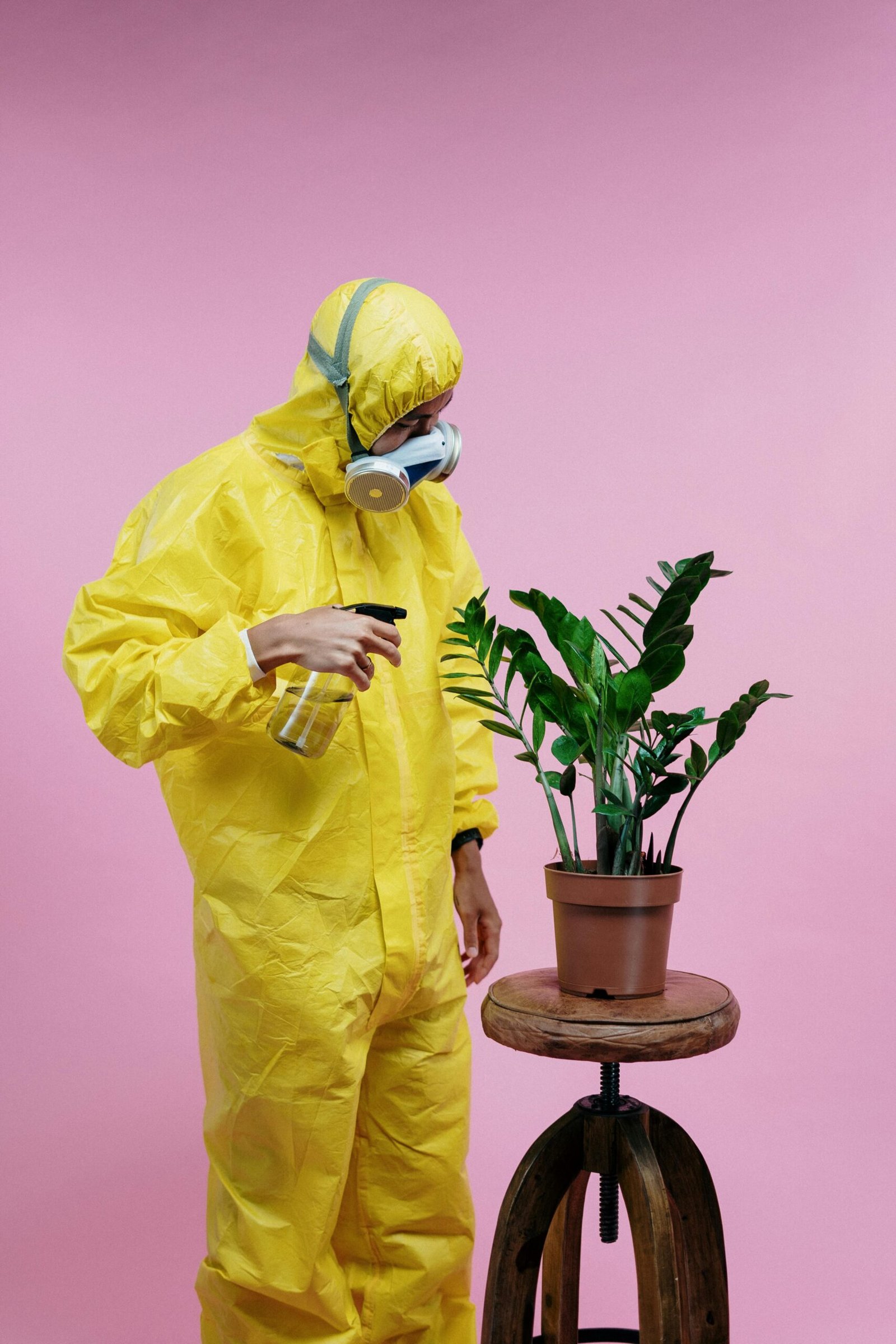Gardening can be rewarding, but it’s easy to spend too much on things you don’t really need. Experts reveal seven items they skip—and why you should too.
1. High-Tech Watering Systems
Watering is essential, but fancy irrigation systems aren’t.
While automated systems can save time, they disconnect you from your garden’s needs. Many experienced gardeners prefer the hands-on approach of watering by hand or using simple drip systems. These options are more affordable, eco-friendly, and help you stay in tune with your plants.
2. Single-Function Tools
Skip gimmicky gadgets designed for just one task, like bulb planters or weed pullers.
Instead, invest in quality multi-use tools. A sturdy trowel, spade, rake, and pruners can handle most tasks. Durable tools last longer, save money, and reduce clutter.
3. Chemical-Heavy Products
Excessive use of pesticides and herbicides can harm beneficial insects and wildlife.
Expert gardeners opt for organic methods instead. Low levels of pests or weeds are natural and manageable. When fertilizers are needed, they choose targeted, eco-friendly options like compost, manure, or fish emulsion.
4. Specialized Fertilizers
You don’t need a different fertilizer for every plant.
Focus on understanding your plants’ needs. Many can thrive with general-purpose compost or balanced fertilizers. For example, roses grow well without expensive rose-specific formulas. For leafy greens, nitrogen-rich options like chicken manure work wonders, while potassium boosts fruiting plants.
5. Cheap or Old Compost and Soil
Low-quality soil can harm your garden.
Poor compost may contain pests, weeds, or harmful chemicals. Old, dried-out bags can lose nutrients. Always start with fresh compost for seeds, but you can repurpose old soil as mulch or mix it with new organic material to enrich garden beds.
6. Leaf Blowers
Gas-powered blowers are noisy, polluting, and harmful to wildlife.
Instead, grab a good old rake or broom. These tools are quieter, kinder to the environment, and help preserve habitats in your garden.
7. Expandable Hoses
Expandable hoses may seem convenient, but they don’t last.
Their stretchy inner tubes weaken over time, leading to leaks and waste. A sturdy, lightweight ½-inch hose is a better investment. It’s durable, easier to handle, and meets most watering needs without breaking.
Save Money and Garden Smarter
Expert gardeners know that simplicity is often best. Focus on durable tools, natural solutions, and avoiding unnecessary gadgets. Your wallet—and your garden—will thank you! 🌱

